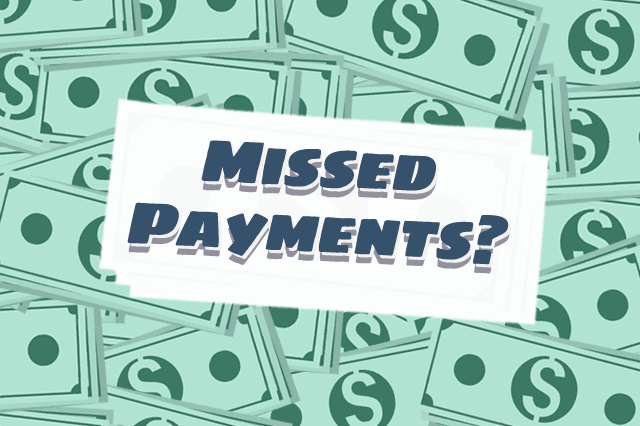Credit Issues That Affect FHA Home Loans

Believe it or not, FHA loan rules require the lender to consider each of these circumstances individually to determine whether past credit problems were due to circumstances beyond the borrower’s control or if they were caused by being a bad credit risk.
The FHA loan rulebook, HUD 4000.1, instructs the lender to perform “additional analysis” in certain cases. For example, if you have had frequent changes of employment and/or gaps in employment, HUD 4000.1 requires the lender to take some additional steps:
“If the Borrower has changed employers more than three times in the previous 12- month period, or has changed lines of work, the Mortgagee must take additional steps to verify and document the stability of the Borrower’s Employment Income.”
But look at the next line in that regulation; “Additional analysis is not required for fields of employment that regularly require a Borrower to work for various employers (such as Temp Companies or Union Trades).”
Furthermore, HUD 4000.1 adds, “The Mortgagee must obtain: transcripts of training and education demonstrating qualification for a new position; or employment documentation evidencing continual increases in income and/or benefits.”
The idea here being that borrowers should count themselves out if they have issues they think might interfere with loan approval. Look what the FHA home loan rulebook says about people who have had gaps in employment of six months or more-which understandably makes some borrowers feel they may not be eligible for a home loan:
“For Borrowers with gaps in employment of six months or more (an extended absence), the Mortgagee may consider the Borrower’s current income as Effective Income” when the lender can verify in writing that the applicant has been employed “in the current job for at least six months at the time of case number assignment” and can also verify a two year work history, “prior to the absence from employment using standard or alternative employment verification”.
Those who have had negative credit events like a bankruptcy or foreclosure may be required to wait a minimum time after the discharge of the bankruptcy (not the filing date) and those who have had foreclosures may also be required to wait through these “seasoning periods” before they can apply for a new loan.
But new FHA home loans are possible for those who develop patterns of reliable payments and credit use following a negative credit event, loss or change of employment, etc.
------------------------------
RELATED VIDEOS:
Here's the Scoop on Conventional Loans
When Do You Need a Cosigner?
Analyzing Your Debt Ratio

Do you know what's on your credit report?
Learn what your score means.







